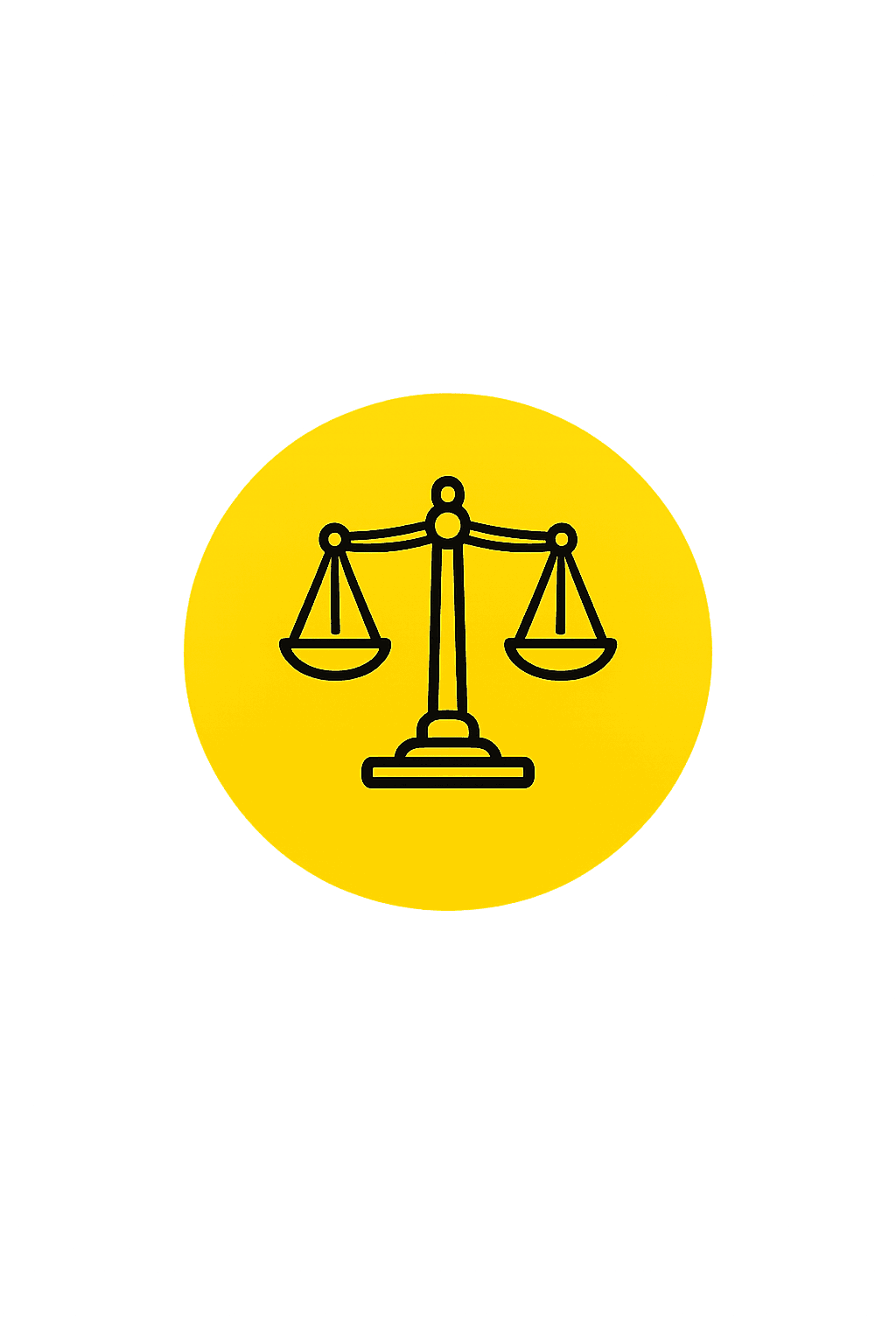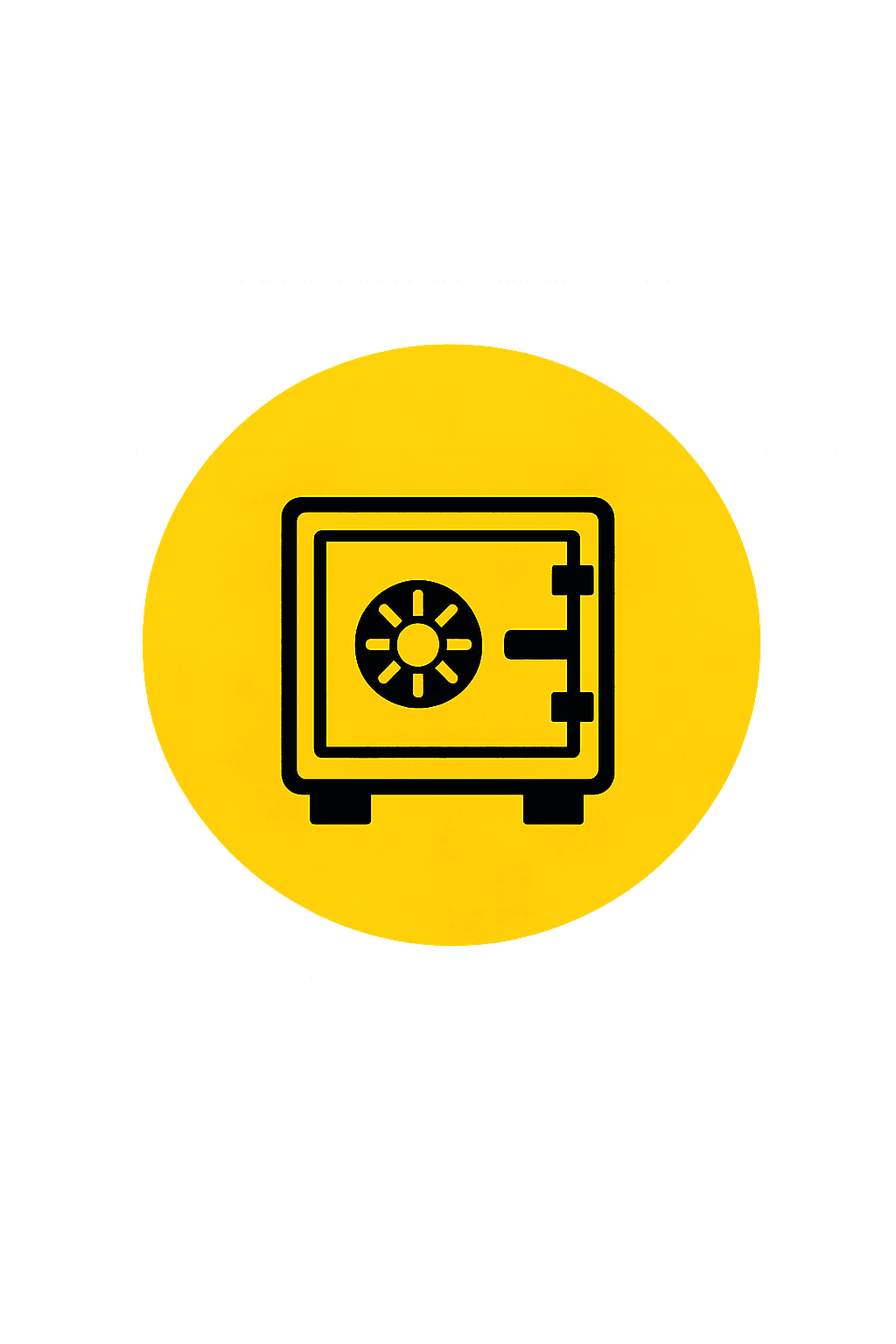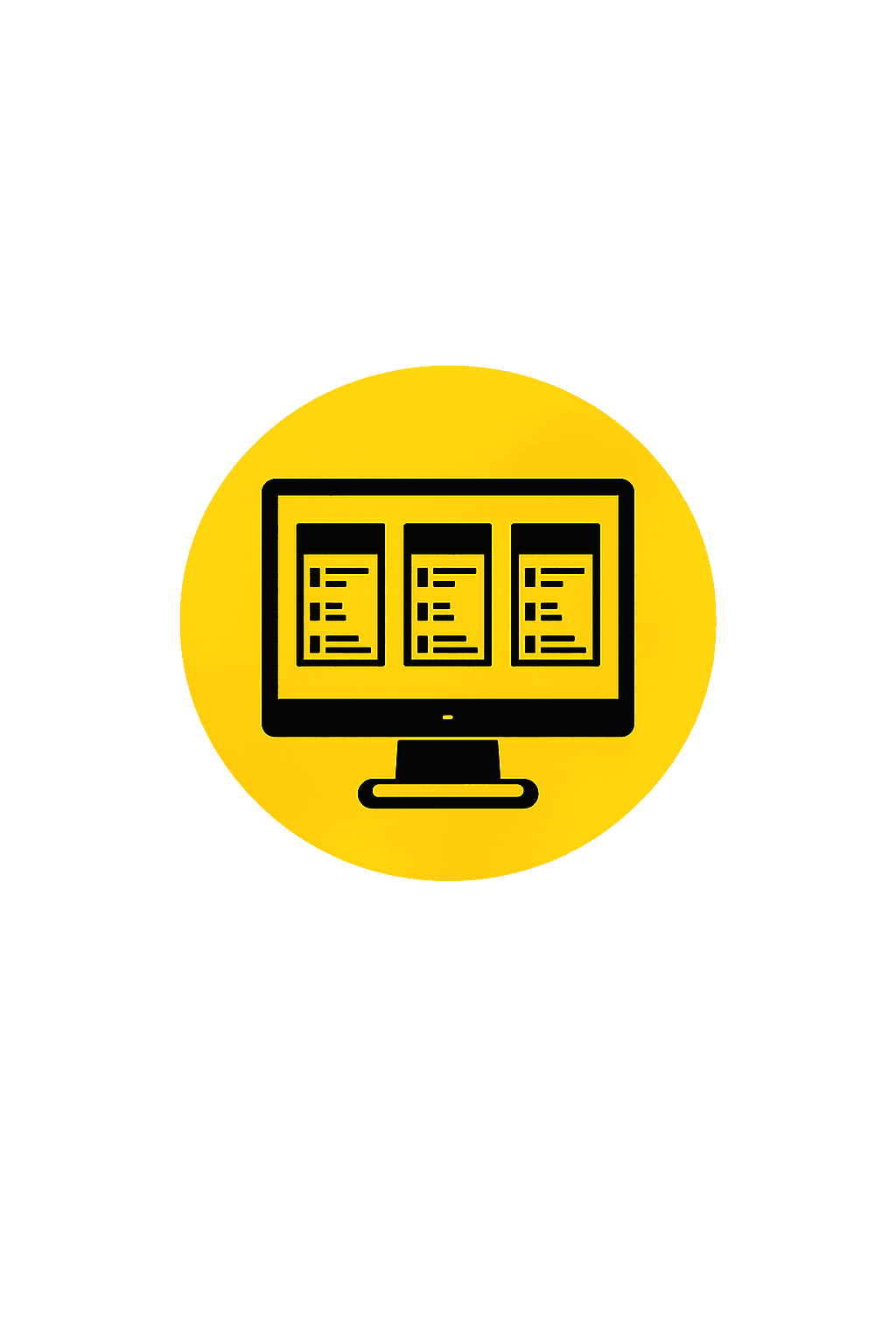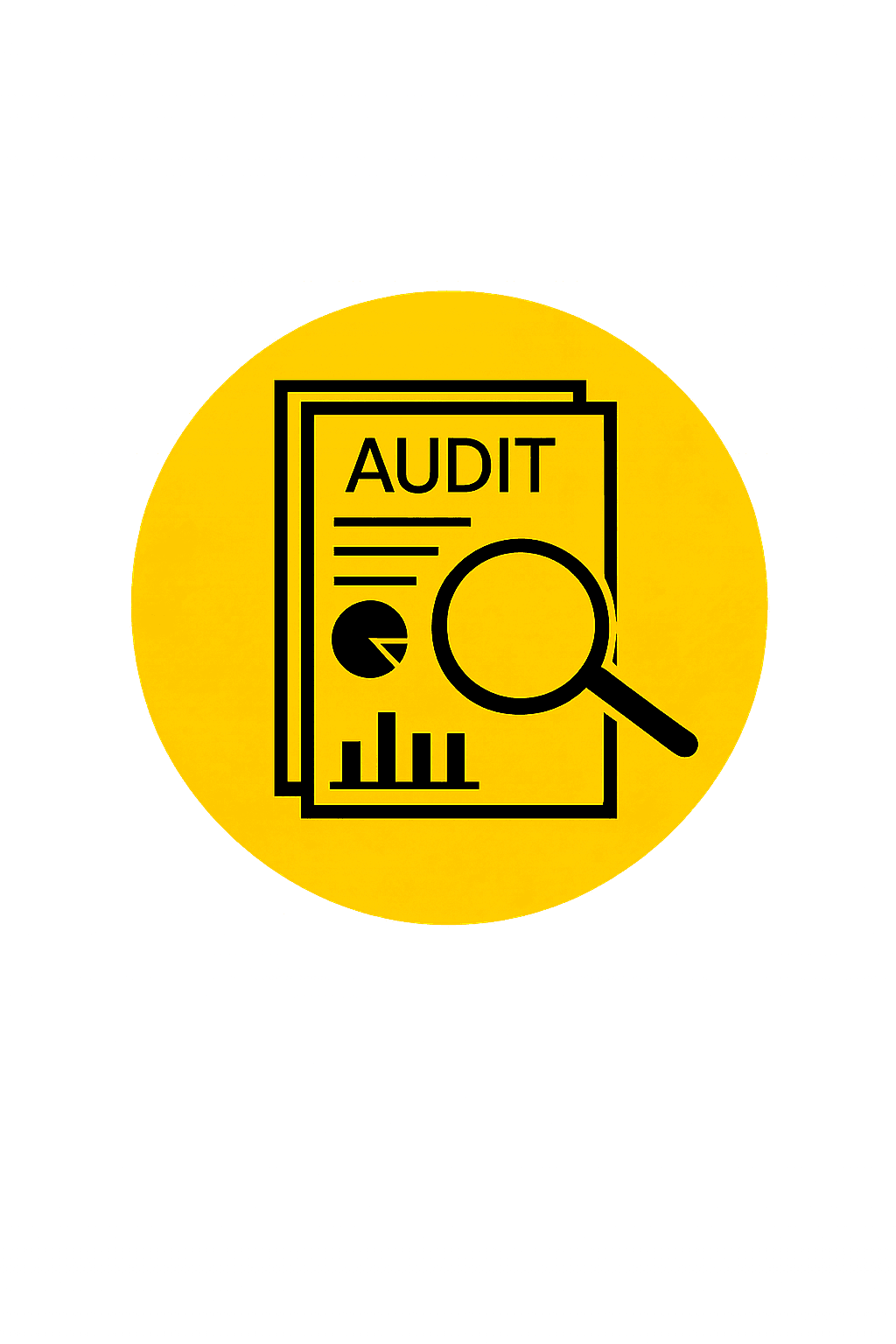Whether you are intending to move to the United Arab Emirates (UAE) for work, going to open a Dubai company, or make an investment, a bank account will be important for navigating the relocation of part of your life.
From the number of branches, the benefits you can gain from saving, income requirements, to broad documentation needed, and other standard measures, here are the details you need for managing the method of finding the right home for your finances.
The UAE Banking System
The United Arab Emirates has the most enhanced economy in the GCC (Gulf Cooperation Council) region and the second-largest economy in the Arab world, and that brings an advanced banking industry with it. Both Dubai and Abu Dhabi are significant economic hubs, so despite where you choose to stay, there’ll be sufficient banking options to satisfy your needs. Whether you need a non-resident bank account or something to benefit your life there longer-term, you won’t be disappointed.
Can a foreigner open a bank account in the UAE?
The UAE is a unique country, in that its citizens only make up around 15% of the population. The bulk of those living, working, and banking in the Emirate are expatriates, so the economy and banking networks are well setup to cope with foreign workers opening bank accounts. So with expatriates making up the majority of the Emirati population, there are pathways for foreigners to open their bank accounts. However, there is a significant difference that will affirm where you can bank and what types of accounts you can open. That is your residency status in the UAE – as most banks will need you to submit your passport (along with copies of your passport photo) and a no-objection letter from either your employer or your sponsor. The second of these conditions state that you must have residency to open an international bank account in the UAE. However, some financial products are limited to residents.
Requirements for Opening a Bank Account in the UAE
To open a personal account, a residency visa and Emirates ID card are essential documents you need to begin this process. But, you can also submit the registration form as evidence that your documentation is under process as most banks may accept this instead of the finalized documents.
Extra items that should be on your application list for opening a personal bank account include an original passport (with UAE entry stamp) and a passport photo.
For a business account, the necessary documents comprise a valid trade license, certificate of incorporation, share certificates, company memorandum, articles of association, and passport copies of shareholders and shareholders’ signatures. Business owners may be asked for extra documents depending on the bank, type of business activity industry, and legal form of the company.
Each bank will also expect you to hold a minimum amount every month and the amount will depend on the certain institution and the products offered.
Can I have a bank account in Dubai without a residence visa?
When you are in the UAE, opening a bank account as a non-resident is easy. There are few documents required and the process is simple. The most significant document is your residence visa, which can take a while to obtain but until you obtain your residence visa, you can only open a savings account. That indicates that current accounts or other services are open to residents only. While as a non-resident, you will not get a checkbook, non-resident accounts receive debit cards you can use to withdraw and/or deposit funds at ATMs. Note that most banks opening an account for a non-resident will require a minimum balance or even impose a maximum balance you can carry in your account at a time. Some banks will enable their non-resident account holders to select the currency for the money in their account, whether it be dirhams or another major currency.
Requirements to Open a Bank Account as a Non-Resident
Requirements to open a bank account as a non-resident differs from bank to bank, but in general, below are the documents you will need to provide:
- passport with the UAE entry stamp,
- passport photo,
- completed application form,
- proof that your residency visa, or Emirate ID card,
- document stating your employer’s name and salary details,
- letter of recommendation from previous bank, and
- letter of No Objection from either your sponsor or employer.
As a non-resident, you may be subject to a minimum or maximum balance. Be extra conscious of this as the amount is frequently high and the penalties for dipping below the balance are strict.
The process of opening a savings account will take longer than opening a bank account with a residency visa and do not expect to have access to your savings account right away.
Requirements for a Business Account in UAE
As for a corporate bank account, the requirements vary for business accounts, and the Ministry of Foreign Affairs will need you to verify some of your documents. The documents that banks may request include:
- proof of address,
- the overview of your corporate structure,
- identity documents,
- certificate of incorporation/company license,
- and sometimes they may want forecasts of future profits and transactions for your business.
If you are from a country where the official language isn’t English, it’s best to get all of your documents translated. In conclusion, the Central Bank in the UAE required a Know Your Customer (KYC) policy for all banks to confirm that they remain law-abiding with international standards. Bank tellers or other representatives might ask you questions about transactions before and/or after opening the account.
Can I open a bank account in the UAE from abroad?
Opening an account from outside of the country will not be especially easy, as many accounts need a signature in the presence of a bank officer. On the other hand, Damalion experts may help you to facilitate opening of your bank account.
If you want to open your bank account in the UAE, Dubai included, please contact your Damalion expert now.
Opening a UAE bank account from abroad (non-residents) — who qualifies, documents, remote options, payment flows, sector/country risk, timelines, and how we help from first check to activation.
For individuals, entrepreneurs, family offices, SPVs and operating companies • Damalion helps scope, prepare files and coordinate with providers so banks can review your case efficiently. Acceptance is always the bank’s decision.
Last updated:What speeds up UAE bank onboarding?
Pick the right account type (personal or corporate). Explain clearly who you are, why you need the account, and the expected activity (volumes, currencies, countries, counterparties). Show a clean source of funds trail. We help write a short profile and assemble the proofs so compliance can check KYC/AML without gaps.
Documents most UAE banks ask for
- Valid passport and recent proof of address.
- Tax residency data (TIN) and any US indicia where relevant (e.g., FATCA self-certification).
- Source of funds proofs: salary, business sale, dividends, capital gains, inheritance, or other lawful sources, with traceable documentation.
- For companies: trade licence, certificate of incorporation, articles/MoA, share certificates, UBO chart, board/signatory powers, business description.
- Expected use: incoming/outgoing amounts, currencies, countries and typical counterparties for the next 12 months.
- Certified translations/apostilles if a bank requests them for non-English/Arabic documents.
Account types at a glance
| Topic | Personal | Corporate |
|---|---|---|
| Use | Savings, payroll, cards, custody | Operations, suppliers, payroll, clients |
| Documents | ID, address, tax, source of funds | As personal + licence, org chart, signatory rules |
| Minimums | Varies by bank; some require monthly minimum balances | Ongoing fees and genuine activity evidence |
| Timeline | Faster with a clear profile and complete proofs | Depends on sector, countries and payment pattern |
How the process usually looks
- Initial check and bank fit. Align purpose, tier and fees with your needs; shortlist banks that match.
- Build the document pack. ID, address, tax, source-of-funds; add company papers if corporate.
- Describe payment flows. Volumes, currencies, countries, counterparties — short and consistent.
- Compliance review. Answer follow-ups quickly; keep one clear evidence trail.
- Activation and first funding. IBAN issued, test payments cleared, user rights set.
Costs and timelines
- Setup fees, monthly account fees, payment/card fees (vary by bank/tier).
- Personal and corporate accounts may have minimum balance rules; penalties can apply if you fall below.
- From complete file to active account: a few days to a few weeks, depending on your profile and responsiveness.
Related reading
Frequently asked questions
Can a non-resident open a personal account in the UAE?
Is in-person signing still required in 2025?
Which identification documents are standard?
What does “source of funds” mean in UAE banking?
Do UAE banks follow FATCA and CRS?
How are politically exposed persons (PEPs) treated?
Are sanctions and watchlist checks applied?
What corporate documents are typical for a mainland or free-zone company?
Can a foreign company (without UAE licence) open an account?
Are notarisation or apostilles needed?
What minimum balance or funding rules apply?
How should I present expected payment flows?
Will a bank share why it declined my file?
Are fintech or EMI solutions accepted as interim options?
What about joint accounts or signatory rules for companies?
How are dormant or low-use accounts treated?
Do banks accept multiple currencies?
Are free-zone entities viewed differently from mainland entities?
How are tax obligations handled?
Can I rely on a power of attorney for account opening?
10 Best Things to Do in Dubai, UAE in 24 Hours
Maximize your time with official, easy-to-reach highlights across Downtown, Dubai Marina, and Old Dubai.
- Burj Khalifa – the world’s tallest building with panoramic observation decks.
- The Dubai Mall – luxury shopping, aquarium, and indoor ice rink.
- Dubai Marina Walk – waterside promenade with dining and skyline views.
- Jumeirah Beach – white sand beach near Burj Al Arab.
- Alserkal Avenue – Dubai’s leading arts and culture hub in Al Quoz.
- The Dubai Fountain – choreographed water shows on Burj Lake.
- Dubai Gold Souk – historic market for gold, jewelry, and gems.
- Aquaventure Waterpark – world-class slides and marine experiences at Atlantis The Palm.
- Museum of the Future – groundbreaking design and innovation exhibitions.
- Global Village – open-air cultural and shopping festival park.
10 Best Hotels in Dubai
Stay close to the city’s key attractions — from Downtown landmarks to beach resorts.
- Burj Al Arab Jumeirah – iconic seven-star sail-shaped luxury hotel.
- Atlantis The Palm – marine-themed resort with Aquaventure and The Lost Chambers.
- The Ritz-Carlton Dubai – beachfront retreat at JBR.
- Address Downtown – steps away from Burj Khalifa and Dubai Mall.
- Armani Hotel Dubai – elegant design inside Burj Khalifa.
- Four Seasons Resort Dubai at Jumeirah Beach – luxury blend of beach and city access.
- Jumeirah Zabeel Saray – Ottoman-inspired luxury on Palm Jumeirah.
- Caesars Palace Dubai – contemporary beachfront luxury at Bluewaters Island.
- Mandarin Oriental Jumeira – serene beachfront sophistication.
- Raffles Dubai – pyramid-inspired architecture with elegant suites.














































